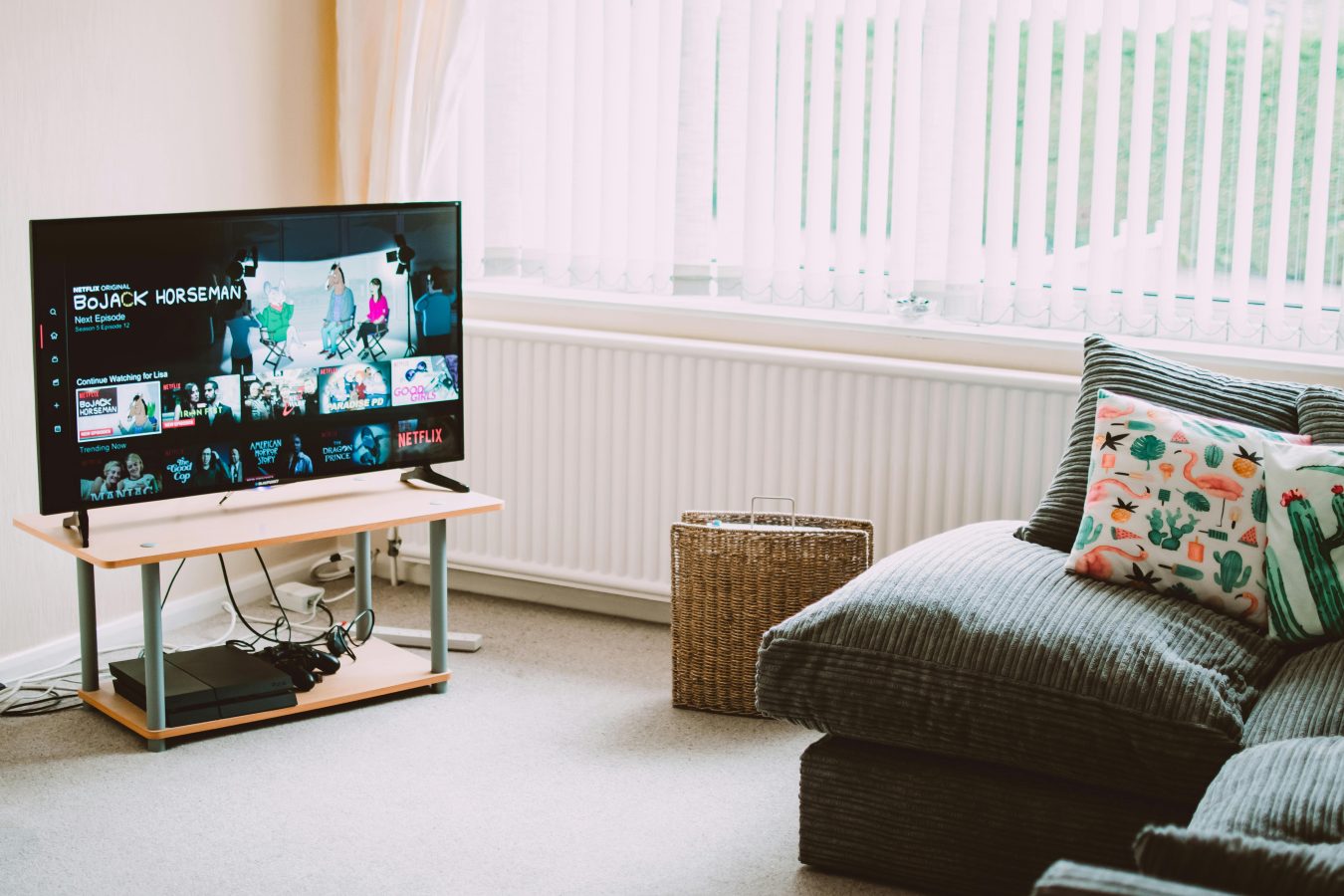How sleep quality affects memory after 40 is a question many people ask when they start noticing forgetfulness or mental fog. Scientists agree that poor or fragmented sleep weakens recall, slows learning, and makes attention less reliable, while deep, consistent rest restores focus and protects long-term brain health.
Sleep quality after 40 is one of the biggest levers for memory. Short or broken nights reduce attention, weaken recall, and make learning harder. Fixing sleep often clears mental fog within weeks.
Quick Action Plan
- Set a fixed bedtime and wake time, even on weekends.
- Wind down for 60 minutes: dim lights, pack tomorrow’s bag, read or stretch.
- Keep the room cool, dark, and quiet; no caffeine after lunch or screens in bed.
Sources: Harvard Health, Mayo Clinic, NINDS.
Once you hit your 40s, life rarely slows down. Work ramps up, family responsibilities expand, and stress sneaks into evenings that used to be quiet. It is no surprise many people notice name-finding pauses, lost details, and a general “fog.” Sleep sits at the center of this picture. High-quality sleep is when memories are filed, neural waste is cleared, and the brain resets for learning. When sleep becomes short or fragmented, attention and recall suffer the next day—and over time the effect compounds. The goal of this guide is simple: show exactly how sleep quality affects memory after 40 and give you a practical plan to fix it without gimmicks.
Why does poor sleep hurt memory after 40?
Deep sleep consolidates memories and REM links ideas; when these stages are cut short, recall and learning suffer.
Think of your brain like a busy office. All day it collects files. At night, during deep sleep, it stamps, sorts, and stores them so you can find them later. REM sleep then connects related ideas and strengthens creativity. After 40, stress, hormones, late work, and nighttime screens make these stages shorter and choppier. One short night shows up as slower thinking the next day; a string of short nights can feel like constant fog. That is why understanding how sleep quality affects memory after 40 is essential—it explains why even small routine changes can pay off quickly.
What exactly happens to memory during sleep?
The brain replays new information, stabilizes it in long-term storage, and prunes noise so recall becomes faster.
During deep sleep, neurons in the hippocampus replay the day’s patterns—like hitting “save” on a document. Synapses are resized so important connections become stronger and clutter fades. During REM, your brain tests associations and solves problems in the background, which is why ideas sometimes “click” after a good night. When these cycles are interrupted by noise, light, alcohol, or stress, your brain leaves those files half-sorted. The next day you can still function, but it takes more effort to pull details on demand. This is a concrete way to see how sleep quality affects memory after 40: fewer clean cycles mean messier filing and slower retrieval.
Which changes after 40 make sleep more fragile?
Hormonal shifts, higher stress, lighter sleep, and lifestyle habits make awakenings more likely.
Women may experience perimenopause with night sweats and hot flashes that fragment sleep. Men can face gradual androgen changes and more frequent nighttime awakenings. Add evening emails, late workouts, alcohol, or scrolling in bed, and sleep becomes lighter. The result is fewer continuous blocks of deep and REM sleep—the very stages that build memory. Recognizing these midlife factors helps you target the right fixes: cooler rooms, earlier wind-down, and a steadier schedule. How sleep quality affects memory after 40 is not random—it reflects how hormones, stress, and habits reshape your nights.
What common habits disrupt sleep in midlife?
Late caffeine, alcohol close to bed, bright screens, irregular schedules, heavy meals, and a warm bedroom.
Caffeine has a long half-life; a 4 p.m. coffee can still be active at midnight. Alcohol may help you fall asleep but breaks up deep sleep later. Blue-rich screen light tells the brain it is daytime, delaying melatonin. Large dinners and late exercise raise body temperature, which blocks sleep onset. A simple shift—no caffeine after lunch, dim lights 60 minutes before bed, a lighter dinner, and a cooler room—removes the most common roadblocks in one week.
How can I build a sleep routine that protects memory?
Keep a steady wake time, wind down before bed, and create a dark, cool, quiet sleep environment.
Start with the anchor: choose a wake time you can maintain daily, then count back 7–8 hours for bedtime. One hour before bed, dim lights, pack tomorrow’s bag, set the coffee maker, and read or stretch. Put your phone to charge outside the bedroom. Keep the room cool, use blackout curtains or a sleep mask, and consider a simple fan or white-noise machine to cover traffic sounds. Morning light (a short outdoor walk or balcony time) helps your brain set the “clock” so you feel sleepy at the right time at night.

Do short naps help or hurt memory after 40?
Brief midday naps (10–20 minutes) can refresh attention; long or late naps may disrupt night sleep.
If you are dragging after lunch, a short nap can sharpen focus and learning for the afternoon. Keep it early (before 3 p.m.) and short enough to avoid sleep inertia. If you struggle to fall asleep at night, skip naps for a week while you build a stronger drive for sleep. Naps are a tool, not a rule—use them when they help, pause them when they interfere with bedtime.
How quickly does better sleep improve memory?
Clearer focus can return in 1–2 weeks; stronger recall in 4–8 weeks of steady routines.
How sleep quality affects memory after 40 becomes clear when you fix your routines: many people notice smoother attention within days of adjusting caffeine, screens, and bedtimes. Consolidated deep sleep often returns in the second week, with recall and word-finding improving by the end of the first month. Results are faster when you pair sleep upgrades with brain-friendly nutrition. For a nutrition plan that complements your sleep work, see best foods and supplements to boost memory after 40.

Which foods and supplements support sleep-driven memory?
Evening meals with fiber and healthy fats, steady daytime protein, and targeted supplements if deficient.
What you eat shapes how you sleep. Large sugary dinners spike and crash blood sugar, fragmenting sleep. Aim for an evening plate built around vegetables, legumes or whole grains, and a moderate portion of protein, with olive oil or nuts for healthy fats. Limit alcohol to earlier in the evening, and keep caffeine to the morning. If blood work shows low vitamin D or B12, correct it under medical guidance. Magnesium glycinate can help some people relax at night. Avoid complex supplement stacks—simple and consistent wins. How sleep quality affects memory after 40 depends as much on food choices as on bedtime habits. For detailed food guidance, check best foods and supplements to boost memory after 40.
What if I work shifts or have a very early schedule?
Protect a fixed sleep window, use light strategically, and keep off-days similar to workdays.
For shift workers, consistency is everything. Choose a protected 7–8-hour window—even if it is daytime—and make the room pitch-dark and cool. Wear sunglasses on the commute home to avoid bright light, then use blackout curtains and a fan or noise machine. On days off, keep your sleep window within 1–2 hours of your work schedule. Meal timing matters, too: eat your largest meal after you wake, not before you sleep.
Could a sleep disorder be blocking my progress?
Yes—sleep apnea, restless legs, chronic insomnia, and menopausal symptoms can fragment sleep and impair memory.
Loud snoring, gasping during sleep, morning headaches, or extreme daytime sleepiness suggest sleep apnea. Creeping leg sensations at night point to restless legs syndrome. Insomnia lasting more than three months is a signal to try cognitive behavioral therapy for insomnia (CBT-I). If you wake drenched in sweat or with hot flashes, talk with your clinician about options to reduce nighttime symptoms. Treating these conditions often unlocks memory improvements you could not reach with routines alone.
How can I measure progress without fancy devices?
Track three basics for two weeks: bedtime/wake time, awakenings, and next-day focus.
Use a simple notebook or phone note. Each morning, record when you went to bed, how long it took to fall asleep, any awakenings, and how clear your mind feels (1–5). At night, jot what you did in the last hour—lights, screens, reading, stretching. After one week, circle the nights that felt best and repeat those routines. After two weeks, you will see patterns that matter for your brain, not someone else’s.
When should you see a doctor about sleep problems?
If insomnia lasts more than 3 months, or if you snore loudly, gasp in sleep, or feel very tired in the day.
These signs point to issues that benefit from medical treatment, such as sleep apnea or iron deficiency. A basic evaluation can include sleep questionnaires, blood work, and, if needed, a sleep study. Treating an underlying condition often produces the biggest jump in memory and daytime energy.
Two-week reset plan to improve memory through sleep
Standardize wake time, clean up evenings, cool the room, and track results daily.
Days 1–3: Pick a wake time and stick to it. No caffeine after lunch. Dim lights 60 minutes before bed. Pack tomorrow’s bag and read a few pages. Keep the bedroom cool, dark, and quiet.
Days 4–7: Add a 10-minute wind-down ritual—stretching, breathing, or journaling. Morning light for 5–10 minutes. Keep dinners earlier and lighter. If naps are needed, cap them at 20 minutes before 3 p.m.
Days 8–14: Keep the routine steady. If awakenings persist, reduce alcohol and heavy evening workouts. If snoring or non-refreshing sleep continues, schedule a check with your clinician. Reassess focus and recall at the end of week two—you should notice easier mornings and fewer word-finding pauses. This simple plan shows how sleep quality affects memory after 40 in practice, with measurable results in just 14 days.
Related Articles
- Memory After 40
- How to Improve Memory After 40
- Stress and Memory Loss After 40: What Science Says
- Best Foods and Supplements to Boost Memory After 40
Additional Resources
Frequently Asked Questions
How many hours should I sleep at 40?
Most adults need 7–8 hours. Consistency is more important than catching up on weekends.
Do naps help memory?
Short naps of 10–20 minutes can refresh focus, but long late naps can disrupt night sleep.
Is melatonin safe to use regularly?
Low-dose, short-term use can help shift timing, but focus first on light, routine, and environment. Discuss long-term use with your clinician.

